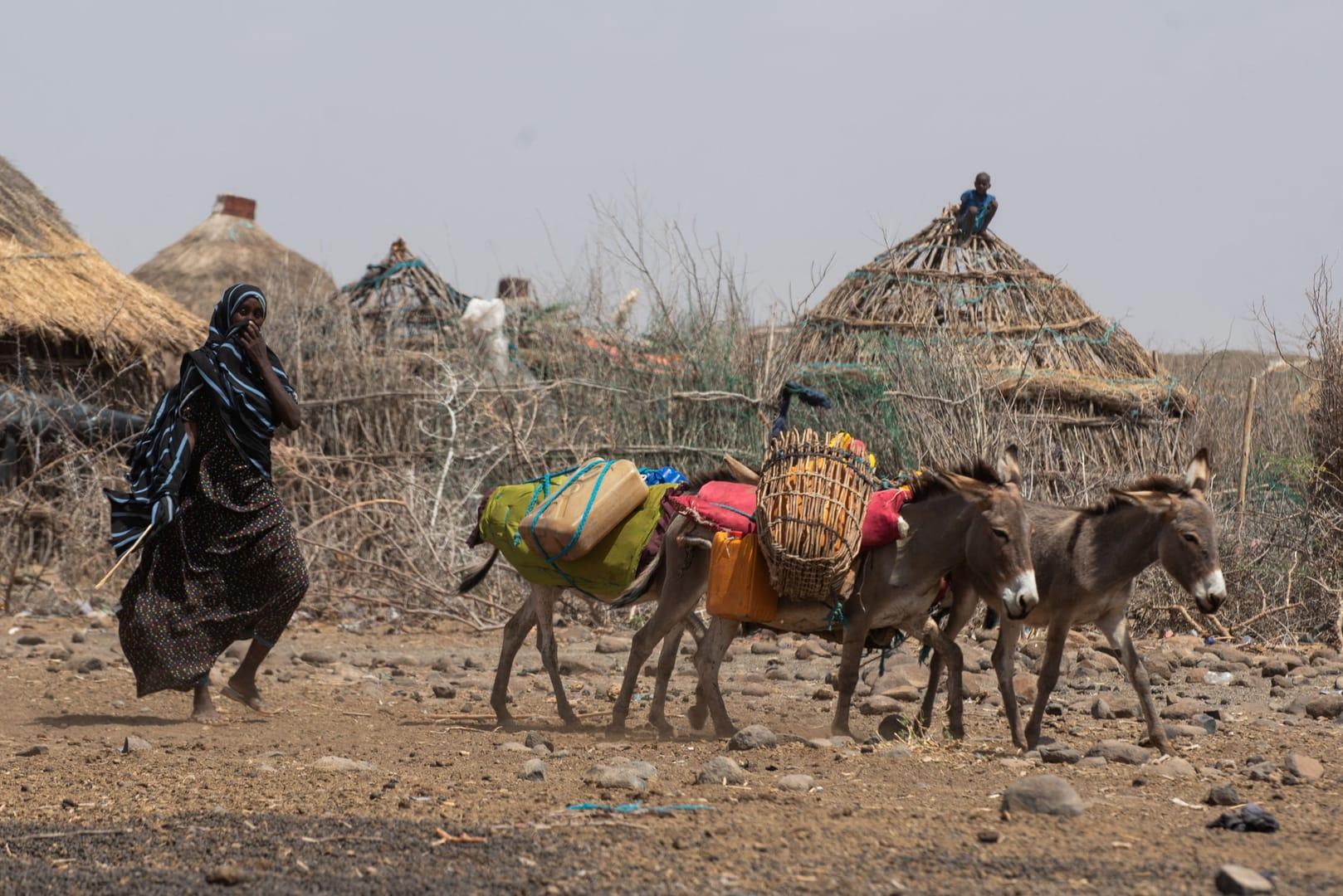Over 26 million people in Africa will face a food crisis this year due to poor harvests and drought conditions in many parts of the continent.
CAFOD, the official international development agency of the bishops of England and Wales, has launched a World Food Crisis appeal to raise funds to provide humanitarian assistance for those affected by the crisis.
The agency notes that Africa is not just facing a terrifying drought and rocketing food prices, but has also suffered devastation from a massive locust infestation.
In addition, the lasting effects of the COVID-19 pandemic and the conflict in Ukraine – a major source of grain in the region – is also affecting food prices.
Will Cruddace, CAFOD Community Development Leader for the Diocese of Nottingham, told BBC Radio Derby that the situation is “awful.”
“Around the world we are currently seeing a food crisis, but especially, it’s focused in East Africa, which is currently facing its worst drought in about 40 years which has led to failed crops, dead livestock and an overall decrease in food production. It’s 26 million people going hungry,” he told the radio station.
Cruddace works with volunteers in the Nottingham Diocese to communicate CAFOD campaign messages with the local church. The diocese covers most of the East Midlands of England, including Nottinghamshire, Derbyshire, Leicestershire, and Lincolnshire.
The current food crisis campaign is raising funds to buy food and livestock, help grow a variety of crops that are more resistant to drought, mending water pumps, and working with communities – through local volunteers and experts – to build for the long term.
CAFOD has trained volunteers and professionals working in Ethiopia and across East Africa to help, living locally and often coming from the communities they serve.
Cruddace told BBC Radio Derby that the global food crisis is also affecting people in England, and points to a wider problem in the international food chain.
“This campaign is one that we can particularly see right here in front of us. The food chain is quite clearly broken, and from just going to the supermarket we can see just how expensive that is,” he said.
However, he still urges people to show solidarity in any way they can.
“We can see that there is something not just going quite right here, and we can completely sympathize, that we are all of us are going through the cost-of-living crisis, but we aren’t necessarily just asking for funds, we also have a campaign running alongside our World Food Crisis appeal, called “Fix the Food System,” in which a few of our local parishes have got involved recently,” Cruddace said.
This education campaign helped people better understand what is not working with the current food system and why it should be fixed, as well as giving examples of alternatives already being put in place. It also shows what concrete steps can be taken in the UK to help the food system.
Cruddace also noted that CAFOD had a Lenten campaign against hunger.
“In our Lent appeal, we did a ‘Walk Against Hunger’, where some of our local schools and parishes walked to raise money against hunger. In all of CAFOD’s campaigns, it not just about raising funds, but about educating congregations in England and Wales,” he explained.











